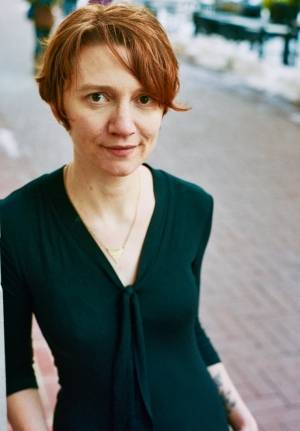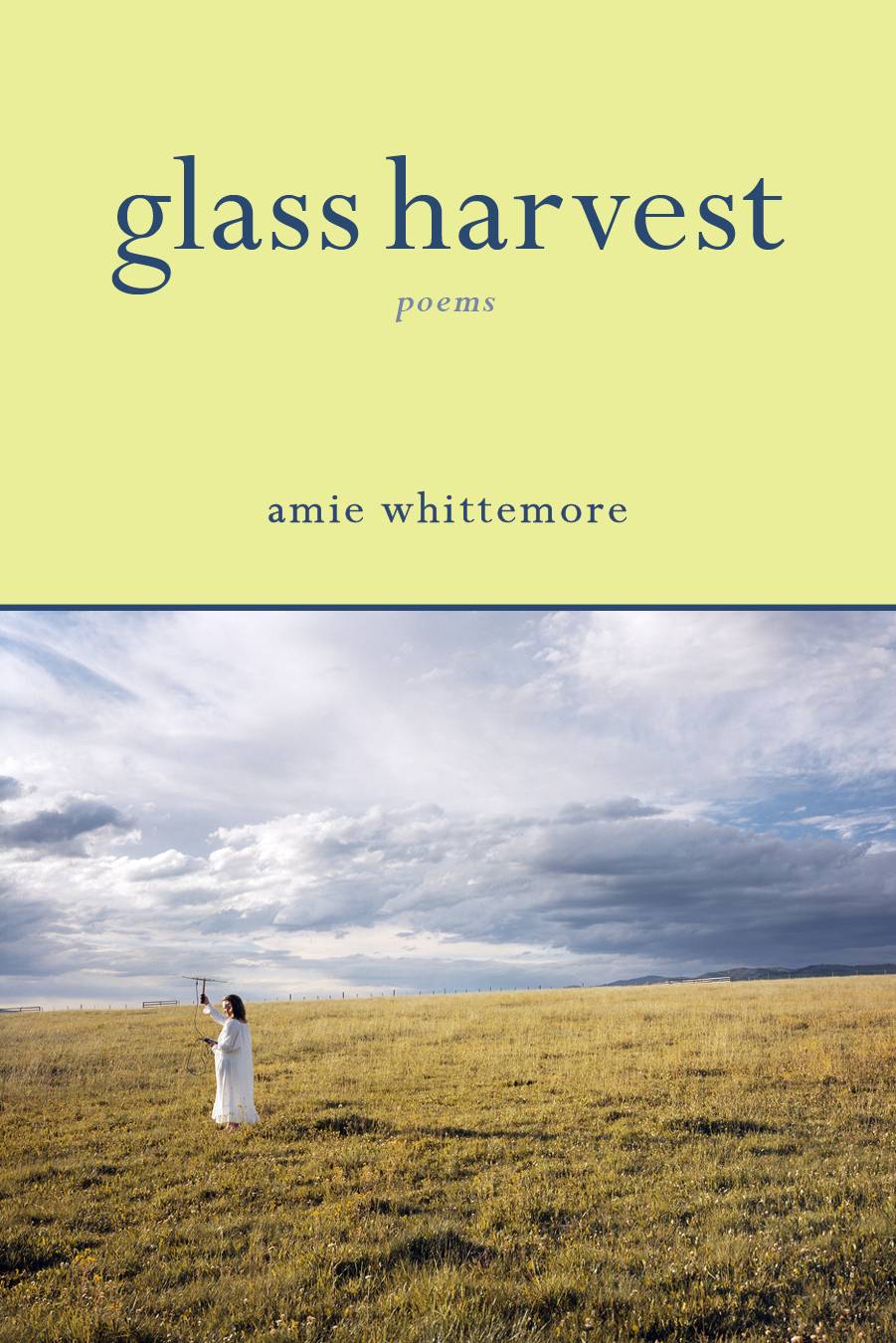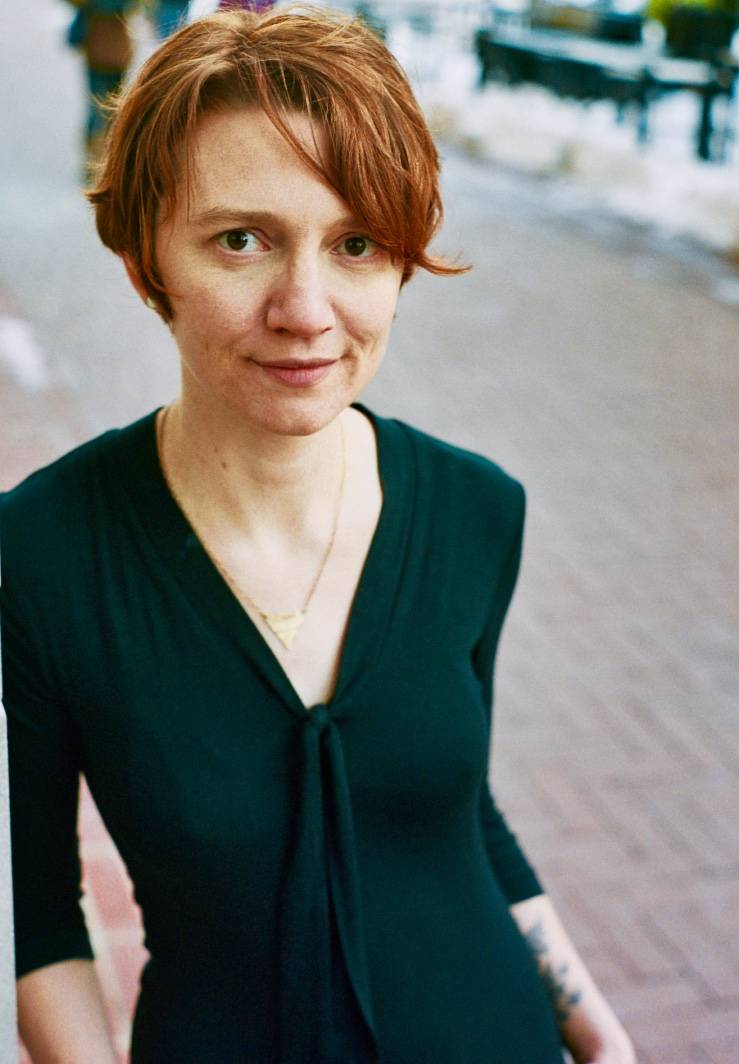 Last week, I caught up with poet Amie Whittemore, author of the recently published collection, Glass Harvest (Autumn House Press), and we talked about the “priceless opportunities” living in the C-U area offered her and about her mentor, the late C-U writer Brigit Pegeen Kelly.
Last week, I caught up with poet Amie Whittemore, author of the recently published collection, Glass Harvest (Autumn House Press), and we talked about the “priceless opportunities” living in the C-U area offered her and about her mentor, the late C-U writer Brigit Pegeen Kelly.
Whittemore grew up about an hour and a half north on a small farm outside Momence, and the University of Illinois was her top choice for a variety of reasons, including an anonymity that was impossible in her graduating class of 100 students.
“What I realized over the course of my four years in C-U was 1. I was not anonymous,” Whittemore said, “and 2. what I really craved was space to figure out who I really was and what I wanted out of life—space that did not seem accessible in Momence.”
For Whittemore, this space was granted through opportunities, not anonymity. Whittemore discovered poetry classes (that she didn’t know even existed), and she was hooked. Until her time in C-U, she had no idea she could major in creative writing, let along go on to get a master’s degree in creative writing.
“As I leaned into my passion and interest in creative writing, I found myself turning to the landscape of Champaign for inspiration,” she said. “I wrote about the greenhouses on campus. The Morrow Plots enchanted me. I spent many morning hours on runs through Urbana, trying to puzzle out a poem.”
Champaign-Urbana was the first place where she began to feel part of a greater literary community — largely due to her professors in the English department, Brigit Pegeen Kelly. Whittemore chronicled much of her experience working with Kelly in a short essay she wrote upon the news of her death last year.

“Much of my ongoing affection for Champaign-Urbana is wrapped up in my ongoing affection for her,” Whittemore said. “I think this is because of how fully she inhabited the area as home, even though she was born in California and lived in several places over the course of her life. Yet her books, particularly Song and The Orchard, feel steeped in a landscape that many brush off as ‘flyover.’”
Whittemore agrees that Kelly’s poetry, as Eavan Boland expertly notes, is audacious in its refusal to fit neatly into any category.
“It is not littered with pop culture references,” Whittemore said. “It is mythical, allegorical in its proportions, its symbols familiars of the Midwestern landscape: a goat, the moon, bees, an orchard. This audacity has fed me — assured me that following my poetic interests, even if they are contrary to what is popular or prevalent, is not only acceptable, but vital.”
For more information about Whittemore and her debut collection, check out her website here or sample a poem of hers at Verse Daily.








